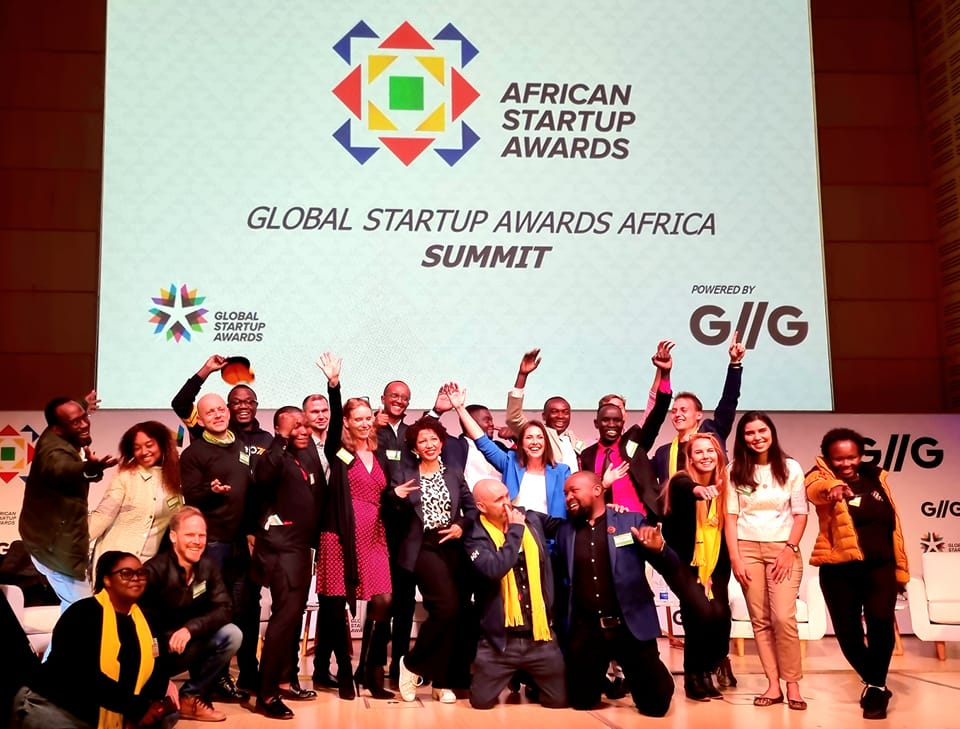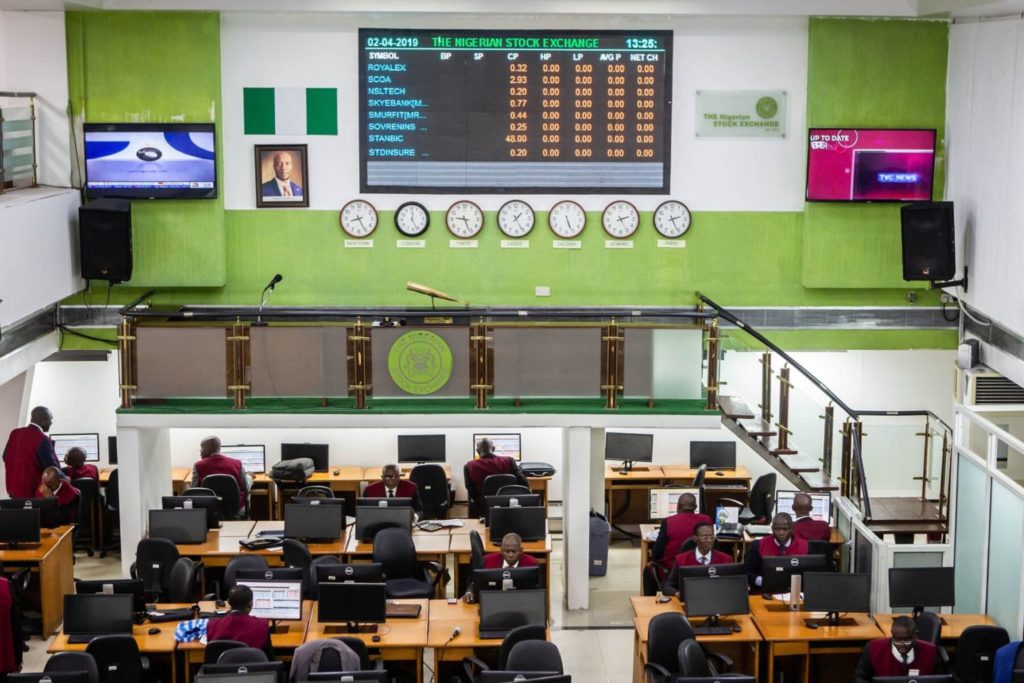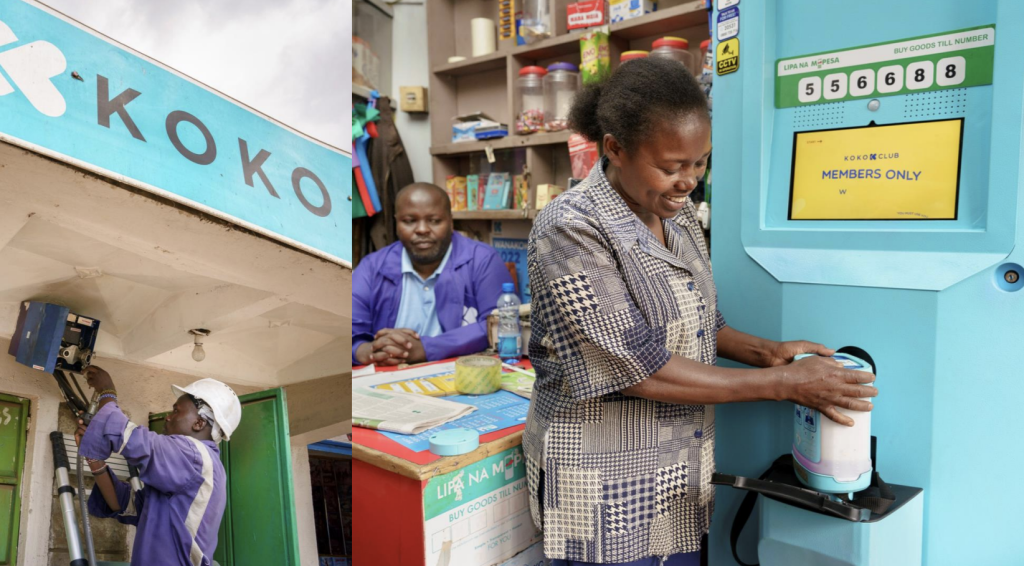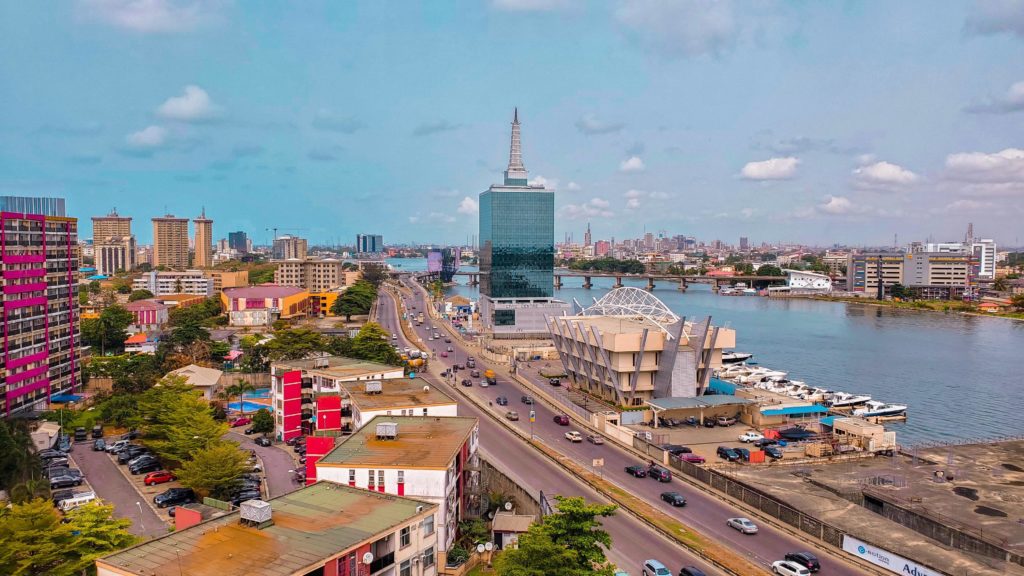The Global Startup Awards is holding its first Africa Summit in Cape Town, South Africa at the Cape Town International Convention Centre. Founded 10 years ago as the Nordics Startup Awards, the international startup competition has since been renamed the Global Startup Awards and expanded across Europe and Asia.
The inaugural summit of the Global Startup Awards follows the establishment of the Africa arm of the ecosystem competition last year and comes on the heels of a 2-and-a-half-year community-building effort with tech stakeholders in all 54 African countries.
The Loudhailer, a South African communication and engagement consultancy, and Global Innovation Initiative Group (GIIG), the Africa licensee of the Global Startup Awards, spent six months researching issues impacting Africa’s early-stage tech entrepreneurs; they surveyed 5000 founders from all 54 African countries in the run-up to the inaugural conference.
Results from the study are expected to provide a fresh look into what early-stage founders on the continent struggle with, and form the basis of discussions at the two-day event, which kicked off yesterday.
Preliminary results of the survey shared with TechCabal show, unsurprisingly, that 85% of the respondents said access to funding was a persistent struggle. But perhaps the more revealing data point was the 77% who listed the search for branding specialists as the next most difficult challenge in the startup process. In fact, the next 10 most difficult aspects of building a business in Africa, according to the respondents, were all related to talent acquisition.
Increasing the role of corporate venture capital in Africa’s ecosystems
Jo Griffiths, co-founder and CEO of GIIG, noted in a call with TechCabal that GIIG research also revealed that corporate venture capital was not only missing in funding activity on the continent; it was not actively being sought as much as other forms of financing. She said that only 6% of startups in Africa who needed capital to scale considered corporate venture capital compared to 22% who sought financing from banks, and 37% who turned to grant or non-profit funding.
While this was no doubt skewed by the fact that GSA Africa sought impact-focused startups, it highlighted a missing, albeit controversial, pillar of mature venture that ecosystems in other parts of the world are built on.
“We see a lot of that in the market at the moment with corporates who are looking for startup solutions, they run innovation challenges to give market access to different startups, but the startups aren’t there yet,” Griffith said.
Corporate venture capital (CVC), unlike traditional venture capital, invests a company’s funds directly into another business venture that is not controlled by the investing party. Established businesses employ CVC to improve their position by building alliances with fast-growing companies, and to serve as a patient backer of emerging technologies that the corporation may one day depend on, if not acquire outright.
As the GIIG research indicates, the concept plays a muted role in Africa’s tech ecosystem. Nevertheless, it is beginning to gain ground in some countries. South African corporations like Naspers and venture studios like Founders Factory Africa invest corporate capital into early-stage companies. CVentures, Egypt Ventures, EFG Hermes, Safaricom Spark Fund and Chandaria Group’s Chandaria Capital are other examples of active CVC firms in Africa.
In a rapidly changing Africa where business veterans are set in their ways and slow to make strategic pivots and decisions, corporate venture capital is an alternative funding model that GIIG hopes to highlight in the summit. After all, it was Stripe’s acquisition of the Nigerian payments platform PayStack that helped validate the promise of African technology and provided a baseline for subsequent investments.
Celebrating impact-oriented innovation
The Loudhailer Managing Partner, Caitlin Nash explained on a call with TechCabal that GSA will support and showcase startups that demonstrate the commercial viability of impact-focused businesses. “We believe that we can unlock Africa’s growth a lot faster and position it as the tech confluence of the future with these proof-points over a multi-year period,” she added.
Nash added that GIIG understood that from a funding point of view, “there are people with an intense global mandate to come and support, from a purpose and profit point of view, these SDG [Sustainable Development Goals]-aligned startups.”
With this in mind, and to avoid picking already dominant players, a series of localised judging rounds whittled down more than 7,500 entries and nominations to 60 regional finalists; eventually, 12 winners were selected from that pool. GSA Africa, GIIG, and Loudhailer will provide the winners with support to help them address their specific needs to scale. “It’s not a structured accelerator,” Nash explained. “It is a market support collective which seeks to leverage networks and expertise to scale them faster.”
Winning startups will also participate in the global competition next year and receive an undisclosed amount in funding from GIIG. Other participants will remain part of the GIIG community and gain access to relevant opportunities going forward.
“We know that we need to find millions of solutions if we are going to have any dent in solving the climate crisis, and we know that a lot of those solutions sit here on the African continent,” Griffiths said. “And that comes back down to how do we get African innovators seen, get them connected, and get them funded so that they can contribute to global solutions.”















